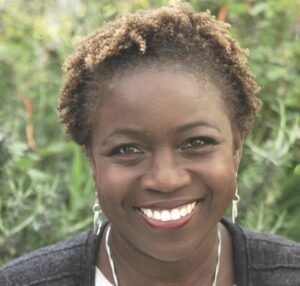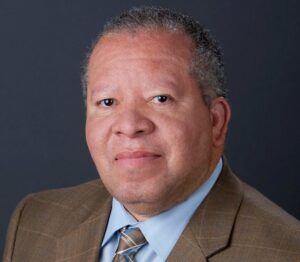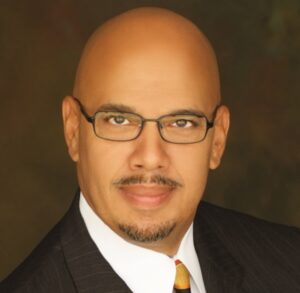New Cañada College head aims to share same opportunities which benefited her
July 30, 2016, 05:00 AM By Austin Walsh Daily
The appointment of Jamillah Moore as the new Cañada College president is a testament to the power of her long-standing belief in the power of accessible public education, she said.
The San Mateo County Community College District Board of Trustees selected Moore to serve as head of the Redwood City school last month, in the wake of an intensive search which included nearly 50 education officials from across the nation.
 |
| Jamillah Moore |
As Moore looks toward the first class bell ringing in August under her tenure, she said she greatly anticipates beginning the next chapter of her long career in public education.
“This is an environment where I can continue to do good work,” she said. “We have students with high potential and low resources, and I want to continue to provide them with opportunities.”
Moore said the nearly 25 years she has dedicated to working in higher education is due to the benefits she was offered as a formerly disadvantaged student who used the community college system and academic support initiatives to launch her on the path toward success.
“If it hadn’t been for those types of programs, I would not have been here,” she said. “I didn’t grow up with a lot, but now I see my work as a public servant as my opportunity to give back.”
A former Southern California resident who took her first college class and teaching job at a community college, Moore said she sees the school system as a common first step toward achievement for many who come from a similar background as her.
“I feel like I’m being part of the solution and providing them the chance to feed their families and change their lives,” she said, of the students at her school.
Moore came to the district last year as an interim vice chancellor of Educational Services and Planning, prior to being selected in June by the district board as president over 47 other qualified candidates, according to a district press release.
Board President Dave Mandelkern said in a prepared statement he believed Moore will serve the Cañada College community well over the coming years.
“From a strong field of candidates, the board has selected an experienced, talented and dedicated community college educator to lead Cañada College,” he said. “We believe ... Moore will continue Cañada’s strong tradition of providing leading-edge educational opportunities and support services that help ensure student success.”
Before joining the local district, Moore worked as a senior official for the state community college system, as well as serving as interim president of Compton Community College, president of Los Angeles Community College and chancellor of the Ventura County Community College District.
Before moving to administration, she worked as a teacher at Sierra Community College near Roseville, and also was an adjunct professor at Sacramento State University, the school where she also earned her bachelor’s and master’s degrees.
Working for the local community college district marks Moore’s return to Northern California, which aligned with her need to offer care to her aging mother, she said.
She said district officials were extremely compassionate and understanding of providing her the professional flexibility to be with her mother Velma in the final days leading up to her losing a battle with cancer.
Moore said she appreciated officials allowing her to be with her family in a time of need.
“It’s been an extraordinary opportunity to work for a district that really walks the talk about family first,” she said.
Family is an extremely important component of Moore’s life, she said, as much of her time away from the office is dedicated to raising her teen nephew Thomas, who she adopted as her son.
Between the taxing professional obligations associated with running a community college, and preserving time to be a mother, Moore said she is left few other opportunities to pursue her own interests.
“My hobbies are eating, sleeping and trying to raise a middle schooler,” she said.
But her professional and personal interests may intersect, as Moore said an initial focus of her work as an administrator will be helping students cope with the heightened tension associated with relations between people of color and law enforcement.
Moore said she and her son have had an ongoing series of similar discussions dedicated to keeping him safe when interacting with police, and she plans to open up that dialogue on the Cañada campus as well, because the issue resonates with many of the school’s students.
The discussions will begin next month, said Moore, and she expects the conversations to be substantial and valuable.
“We are going to be having a courageous conversation around race and law enforcement,” she said.
Moore said she looks forward to beginning all the hard work associated with ensuring students are offered the education needed to excel in academics, but also the lessons to keep them on the path to success beyond the walls of the classroom.
“I do feel very fortunate,” she said. “This is a great college and a wonderful opportunity. I’m excited.”
austin@smdailyjournal.com







